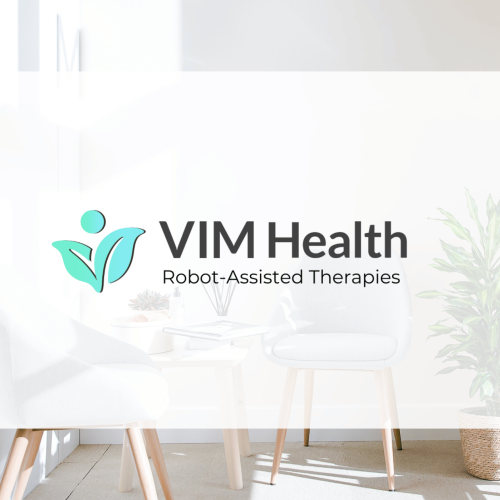Occupational therapy (OT) is often associated with mobility aids or adapted equipment, but its true strength lies in something far more personal: helping people reclaim independence in their Activities of Daily Living (ADLs). From dressing and bathing to preparing meals and managing daily routines, these tasks form the foundation of functional, independent living — and they’re central to how occupational therapists work with clients.
In this article, we explore why ADLs are so important in OT and how supporting them can lead to better long-term outcomes in functional rehabilitation, independent living, and overall quality of life.
What Are Activities of Daily Living?
Activities of Daily Living refer to the basic tasks we perform every day to take care of ourselves and our surroundings. They’re typically broken down into:
- Basic ADLs – such as personal hygiene, dressing, feeding, toileting, and transferring (e.g. getting in/out of bed or chairs).
- Instrumental ADLs – more complex activities like cooking, cleaning, managing finances, shopping, or using transport.
For individuals recovering from illness, injury, or managing long-term conditions like stroke, brain injury, or multiple sclerosis, these seemingly small tasks can quickly become barriers to independence.
Why ADLs Are at the Heart of Occupational Therapy
While physiotherapy often focuses on strength, range of motion or gait, occupational therapy centres around functionality — what a person needs and wants to do in their daily life. It’s not just about movement; it’s about meaningful participation.
Here’s how ADL-focused therapy benefits clients across different stages of recovery:
1. Rebuilding Confidence
Losing the ability to complete everyday tasks can feel overwhelming. Regaining those skills, even gradually, helps people rebuild their confidence and sense of identity. Whether it’s making a cup of tea or independently managing a morning routine, these small wins can be transformative.
2. Improving Safety at Home
Occupational therapists conduct detailed assessments of how a person performs daily activities — often in the home or a simulated environment. They identify risks (such as falls, burns, or fatigue) and develop personalised strategies or recommend equipment to promote safety and reduce reliance on others.
3. Tailored Rehab That Reflects Real Life
Every OT programme is designed around what matters most to the individual. That might be returning to cooking for a family, managing school pick-ups, or learning how to bathe safely using one hand. By focusing on ADLs, therapy becomes relevant, realistic and motivating.
4. Supporting Long-Term Independence
Recovery from a neurological or musculoskeletal condition doesn’t stop at discharge. An OT-led programme that prioritises ADLs helps build a long-term pathway to independence, equipping clients with strategies to adapt, cope and thrive even as their needs change.
5. Bridging the Gap Between Hospital and Home
Often, individuals are discharged from hospital before they’ve fully regained function in daily tasks. Occupational therapy fills that critical gap, supporting rehabilitation beyond the clinical setting by focusing on what clients need to manage successfully at home and in the community.
Occupational Therapy in Sussex: How We Can Help
At Vim Health, our occupational therapists work closely with clients and families to develop tailored treatment plans centred around Activities of Daily Living. Whether you’re recovering from surgery, living with a long-term condition, or facing challenges with independent living, our team will work with you to build confidence, restore ability, and promote safety in everyday life.
We support a wide range of clients across Sussex with goals including:
- Post-surgical recovery (e.g. hip/knee replacements)
- Neurological rehabilitation (e.g. stroke, brain injury, MS)
- Musculoskeletal rehabilitation
- Adaptive strategies for pain, fatigue, or sensory challenges
Ready to Get Started?
If you or a loved one could benefit from occupational therapy that focuses on real-life function, our team is here to help. Call us today to discuss how we can support your journey to greater independence: 01273 037400
